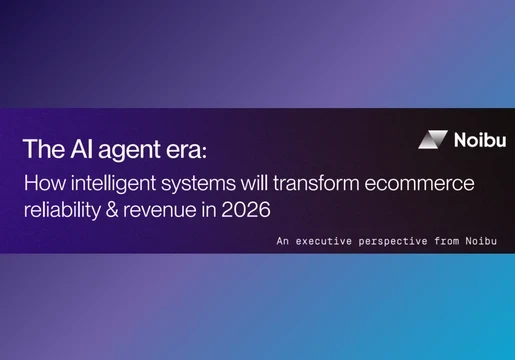Today's workforce spends over two hours a day juggling work applications and checking notifications - equal to 63 working days a year - according to a recent report.

The Communications @ Work Index, released by RingCentral, comes at a time when employees are expected to use more apps and manage a greater volume of communication tools than ever before.
And corresponding notifications, the pressure to respond, and difficulties with usability are taking a toll on productivity.
The report shows that the average employee uses six or more apps in a typical work week - a number that has doubled since pre-pandemic numbers.
Over a fifth (22%) of these employees spend more than two hours checking notifications, meaning they could be spending up to 500 working hours per year (equal to 63 working days) juggling their apps.
Workers ranked notifications at work as the most disruptive thing to their workflow, imparing focus and ability to do deep work as well as stifling creativity.
So where do we go from here? The Communications @ Work Index found that AI may play a role as a long-term solution for reducing communications chaos. Two-fifths of workers (39%) are currently using AI at work, with more than half (53%) agreeing that AI can save time by identifying relevant and important information across communication apps at work.
On top of this, half believe AI-powered personal assistants could reduce daily chaos.
Steve Rafferty, VP International at RingCentral, comments: “In the age of hybrid working, communication and collaboration tools are often intended to streamline workflows.
"However, the volume of different apps is creating a sense of communication chaos that is resulting in a productivity pinch. This comes at a time when businesses and economies need workforces operating effectively.
"Our research highlights that communications overload is a major challenge that businesses must address. This new data uncovers workers’ opinions on how AI could save time, boost productivity, and improve employee experience and satisfaction.”
-
Ipsos surveyed 1,500 U.K residents aged 21-65.
All respondents are currently full-time workers (defined as working full-time, having 2 part-time jobs, or being full-time self-employed).
Surveys were conducted in the United States, the United Kingdom and Australia from 18 July to 1 August 2023.
Survey data were weighted to adjust for age, gender, and regional distribution with a margin of error of +/- 3%.







Comments ( 0 )